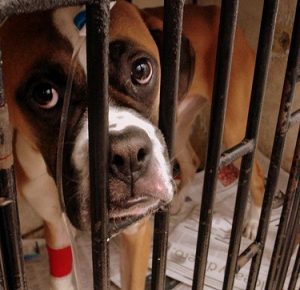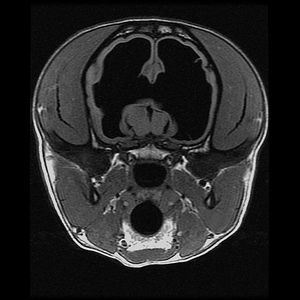MRSA has found its way from humans to pets. Methicillin Resistant Staphylococcus Aureus (MRSA) has been reported in dogs but no cases have appeared in cats. This aggressive form, found in hospitals is a particular risk to dogs who undergo amputation of a leg. Living with Tripawds Tripawds immune systems are generally compromised.
Staphylococcus bacteria are usually found on the skin or in the nose of pets. They can cause skin infections, usually minor. Staph bacteria are not spread through the air. MSRA is spread through direct physical contact or even through contaminated objects or surfaces. The bacteria becomes dangerous when it enters the body and attacks the bloodstream carrying it to other organs such as the lungs and urinary tract. Serious infections can occur such as septicemia (blood poisoning), pneumonia (lung infection), and endocarditis (heart valve infection).
You can help prevent the spread of MRSA by following simple procedures.
- If your dog has a wound or an infection that doesn’t clear up, see your veterinarian immediately.
- Wash your hands frequently. You can use an antibacterial soap if you suspect a problem.
- Clean all surfaces where your dog has been, including bedding and toys, often.
- Keep food and water bowls clean, washing daily.
- If your dog has MRSA, if you can, isolate him/her. If you have more than one pet, keep them away from the infected dog.
- Humans who have MRSA should stay away from pets. Don’t allow them to lick you.
- If a member of the family is infected with MRSA, have your pet tested.
- Use disposable gloves when treating your pet.
- Keep your pet off the bed or any furniture.
Your pet will undergo treatment with antibiotics prescribed by your vet.



